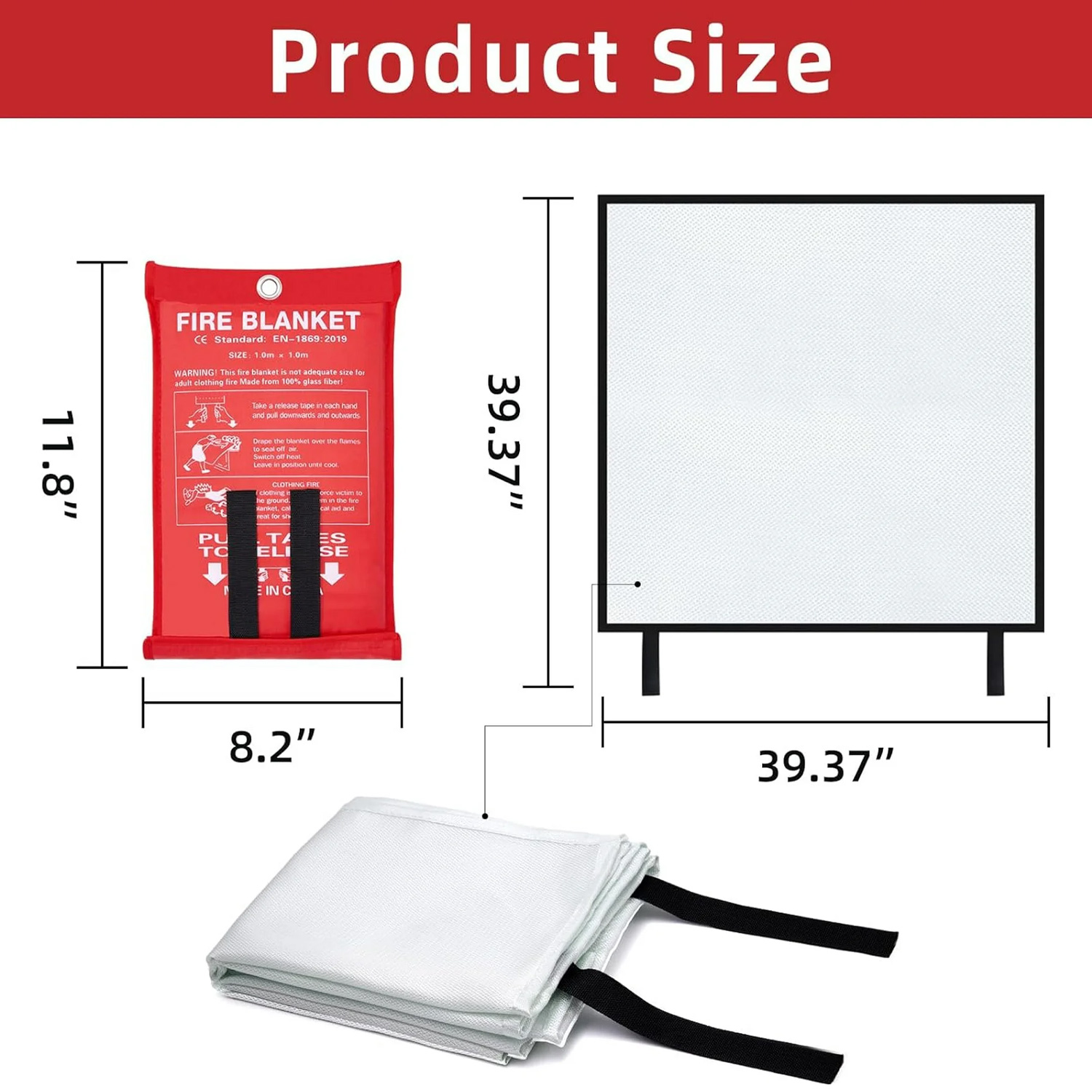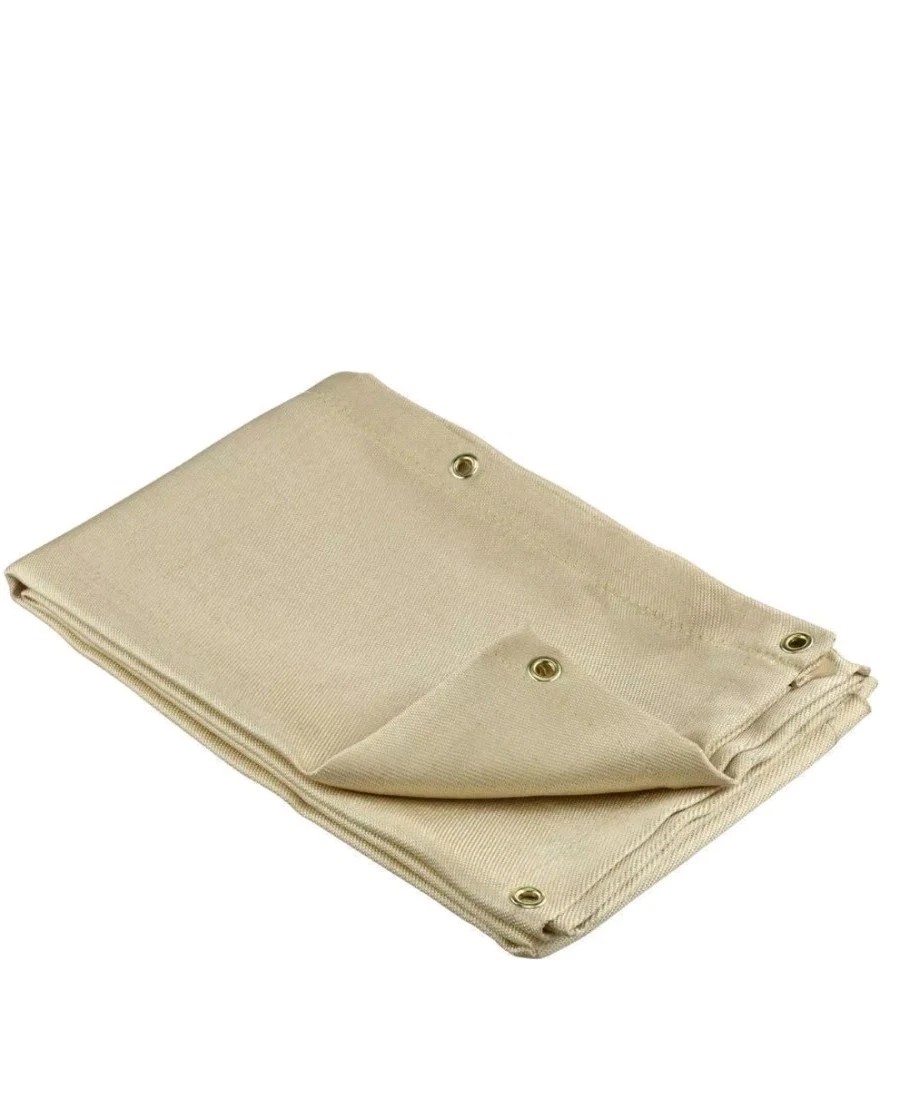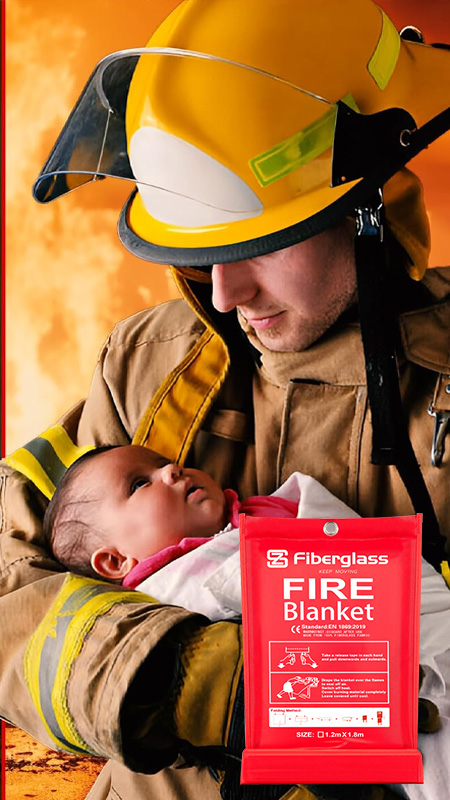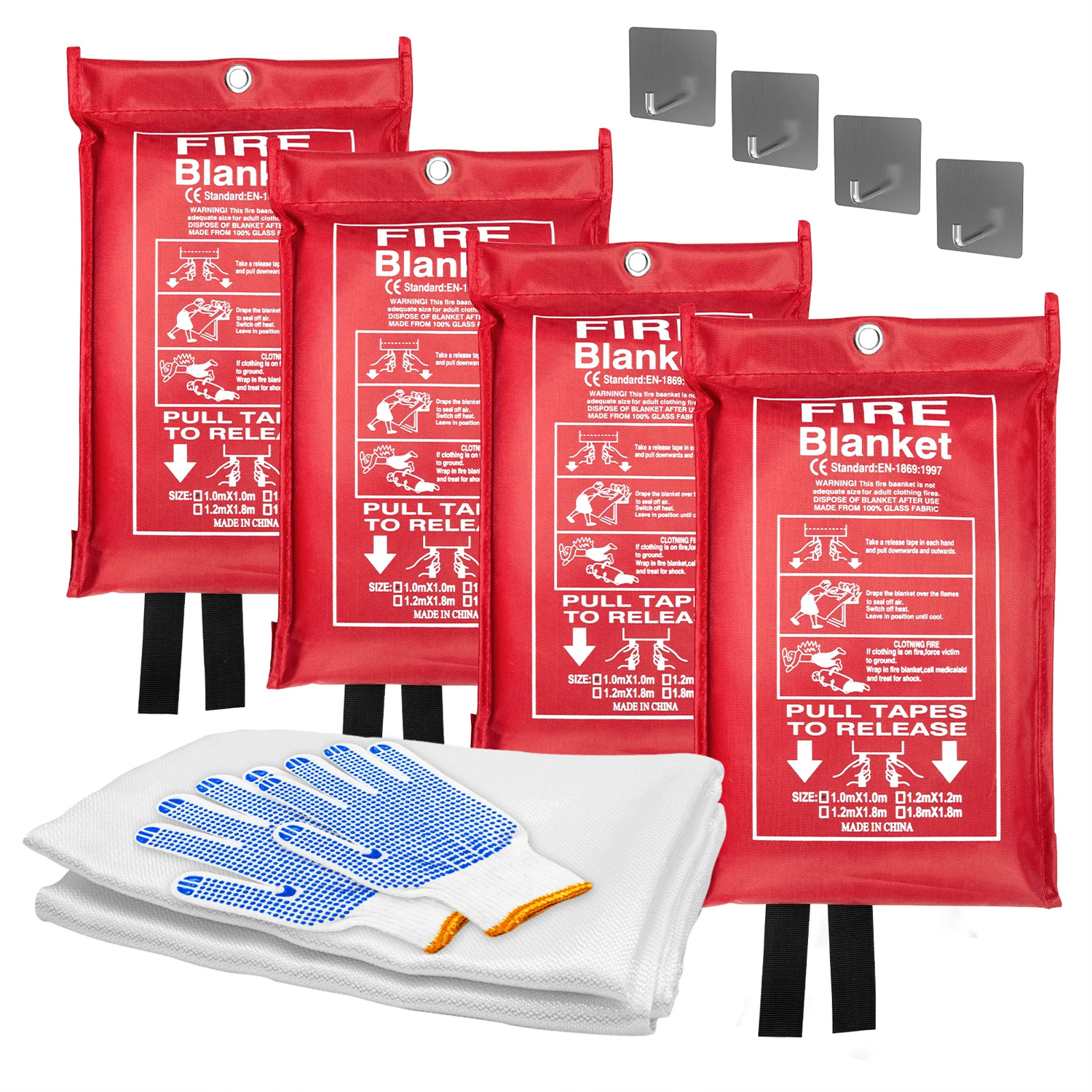High Temperature Welding Blanket: Essential Protection for Industrial Applications
High temperature welding blankets are specialized safety tools that protect workers and equipment from extreme heat, sparks, and molten metal during welding operations. This article explains their construction, benefits, and proper usage in various industrial environments.
What is a High Temperature Welding Blanket?
When you're working with welding equipment, sparks and molten metal can reach temperatures exceeding 2,000°F (1,093°C). A high temperature welding blanket acts as a protective barrier against these extreme conditions. These blankets are made from heat-resistant materials like fiberglass, silica, or ceramic fibers that can withstand direct flame contact without degrading.
Unlike regular fire blankets, high temperature welding blankets are specifically designed for industrial welding applications. They provide superior protection against:
- Molten metal splatter
- Intense radiant heat
- Direct flame contact
- Electrical sparks
Key Features of Quality Welding Blankets
When selecting a high temperature welding blanket, you should look for these essential features:
- Temperature resistance:Minimum 1,800°F (982°C) continuous exposure rating
- Material composition:Fiberglass with silicone coating or ceramic fiber construction
- Thickness:Typically 1/8" to 1/4" for optimal protection
- Flexibility:Should remain pliable after repeated use
- Size options:Available in various dimensions from 3'x3' to 10'x10'
Applications of High Temperature Welding Blankets
You'll find these protective blankets invaluable in numerous industrial scenarios:
- Pipeline welding:Protecting surrounding areas from sparks during pipe joining
- Shipbuilding:Containing heat and sparks in confined spaces
- Construction sites:Shielding flammable materials near welding operations
- Automotive repair:Protecting vehicle interiors during frame welding
- Foundry work:Containing molten metal spills
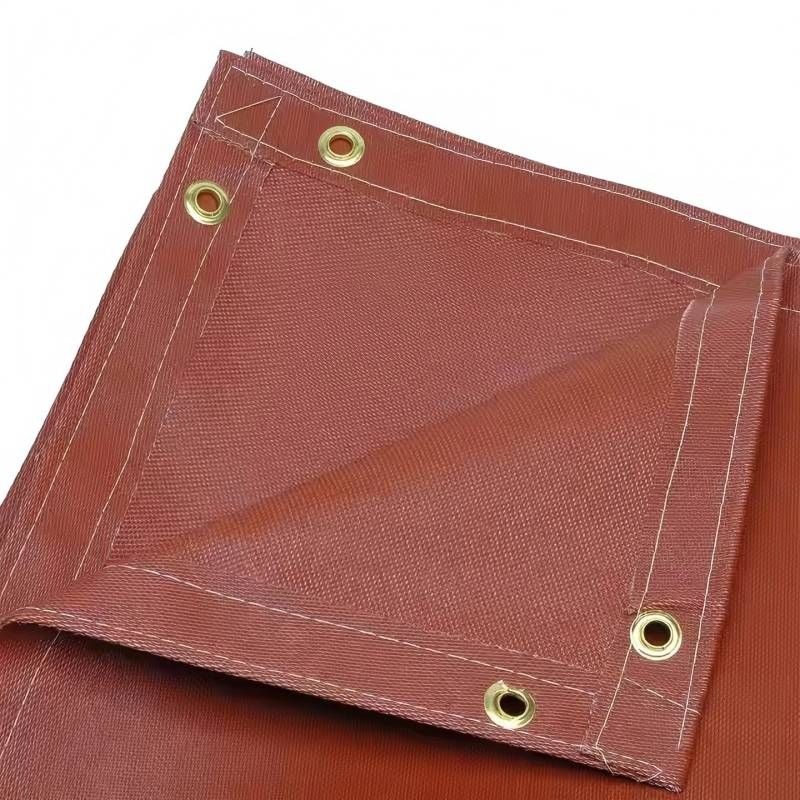
Proper Usage and Maintenance
To maximize the effectiveness and lifespan of your high temperature welding blanket, follow these guidelines:
- Inspect the blanket before each use for tears or excessive wear
- Ensure complete coverage of the protected area with overlap if needed
- Secure the blanket properly to prevent movement during work
- Allow the blanket to cool completely before handling after use
- Store in a dry, clean location away from direct sunlight
- Clean with compressed air or a soft brush - never use water or chemicals
Safety Benefits You Can't Ignore
Investing in a quality high temperature welding blanket provides multiple safety advantages:
- Prevents fire hazards by containing sparks and hot materials
- Protects nearby workers from radiant heat exposure
- Reduces risk of burns from accidental contact with hot surfaces
- Minimizes damage to surrounding equipment and structures
- Helps comply with OSHA and other safety regulations
Choosing the Right Blanket for Your Needs
Consider these factors when selecting your high temperature welding blanket:
- Work environment:Indoor/outdoor, confined spaces, etc.
- Welding type:MIG, TIG, stick welding produce different heat levels
- Size requirements:Larger areas need bigger blankets or multiple units
- Frequency of use:Heavy-duty applications require more durable materials
- Budget:Balance cost with necessary protection level
Conclusion
A high temperature welding blanket is an essential safety tool for any professional welding operation. By understanding its features, proper usage, and maintenance requirements, you can significantly improve workplace safety and protect valuable equipment. Always choose a blanket rated for your specific application's temperature requirements and replace it when signs of wear appear.


